3 in 4 Belgians are convinced that microplastics are harmful for them
River Cleanup survey into the awareness and attitude of Belgians with regard to plastic pollution
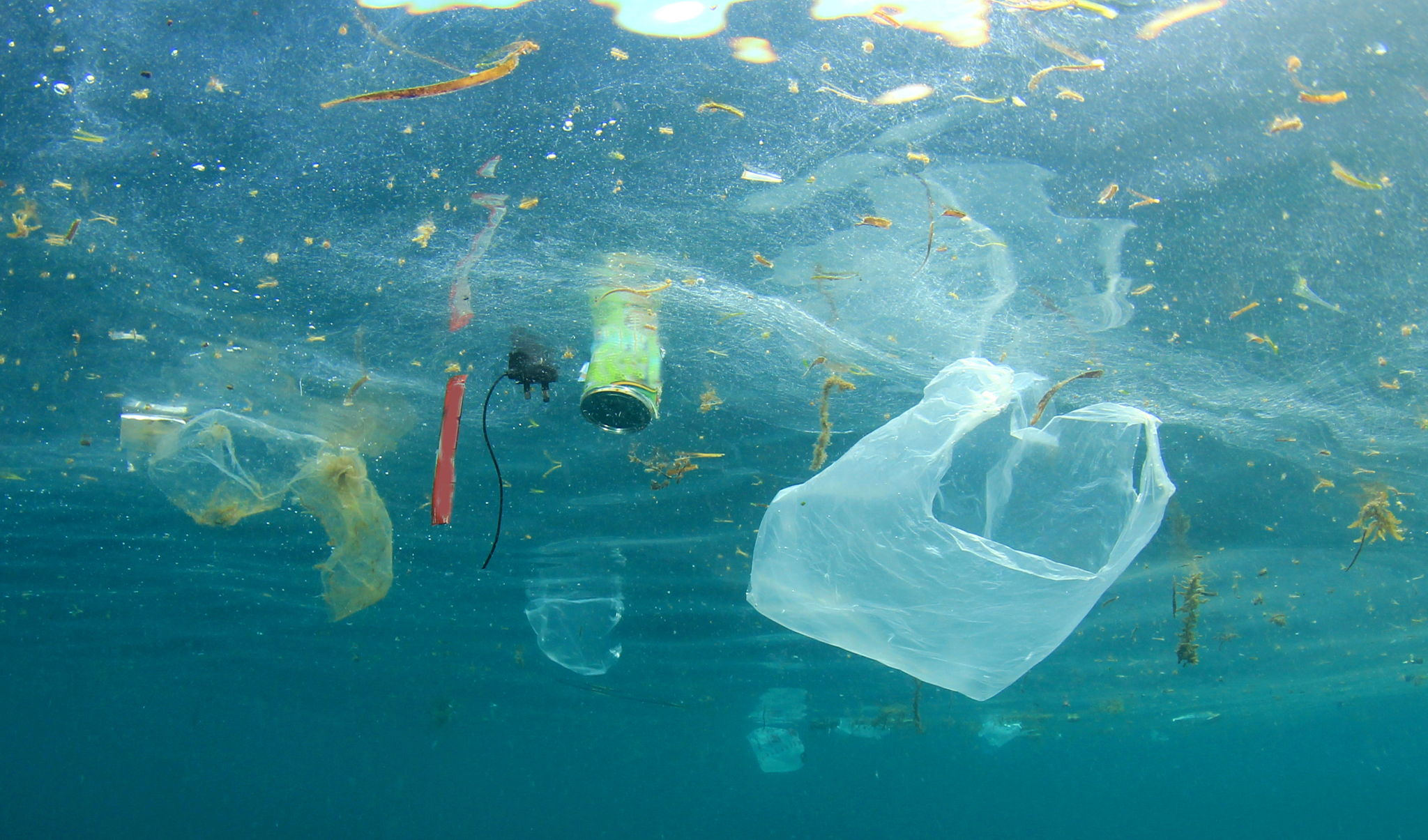
- Belgians consider plastic pollution to be the 2nd most impactful environmental issue, after air pollution
- 1 in 3 Belgians (and as many as 1 in 2 Belgians among young people) believe they themselves can do little to counteract plastic pollution
- Almost 1 in 4 Belgians (22%) admits to littering
- 2 in 3 Belgians drink water from plastic bottles as opposed to tap water
- 28% of the Belgian population doesn’t sort PMD at work, while 8% don’t sort waste at all
- Belgians believe that, on average, only 50% of the PMD bag is recycled
Belgians are aware of the plastics issue. Plastic pollution (61%) and water pollution (61%) are most often in their top 3 of significant environmental issues with the greatest impact on our society. Only air pollution (70%) is an even greater concern for the Belgian population. It appears, however, that the majority of Belgians (68%) even underestimates the annual quantity of plastics that ends up in our oceans.
Does the awareness of Belgians with regard to this topic have something to do with this? Only 53% of Belgians were initially unaware or not well aware of what microplastics are. Once they have a good understanding of the term and the scope of the issue, their concern skyrockets. As many as 3 in 4 Belgians are convinced that microplastics are harmful to their health. This is apparent from a large-scale survey carried out by Ipsos on behalf of the Belgian non-profit organisation River Cleanup, with regard to the plastics issue and littering behaviour among Belgians. 1 in 3 Belgians (and as many as 1 in 2 young Belgians) believe, however, they can’t do anything themselves to counteract plastic pollution. “That’s a missed opportunity”, finds Thomas de Groote, CEO and founder of River Cleanup.
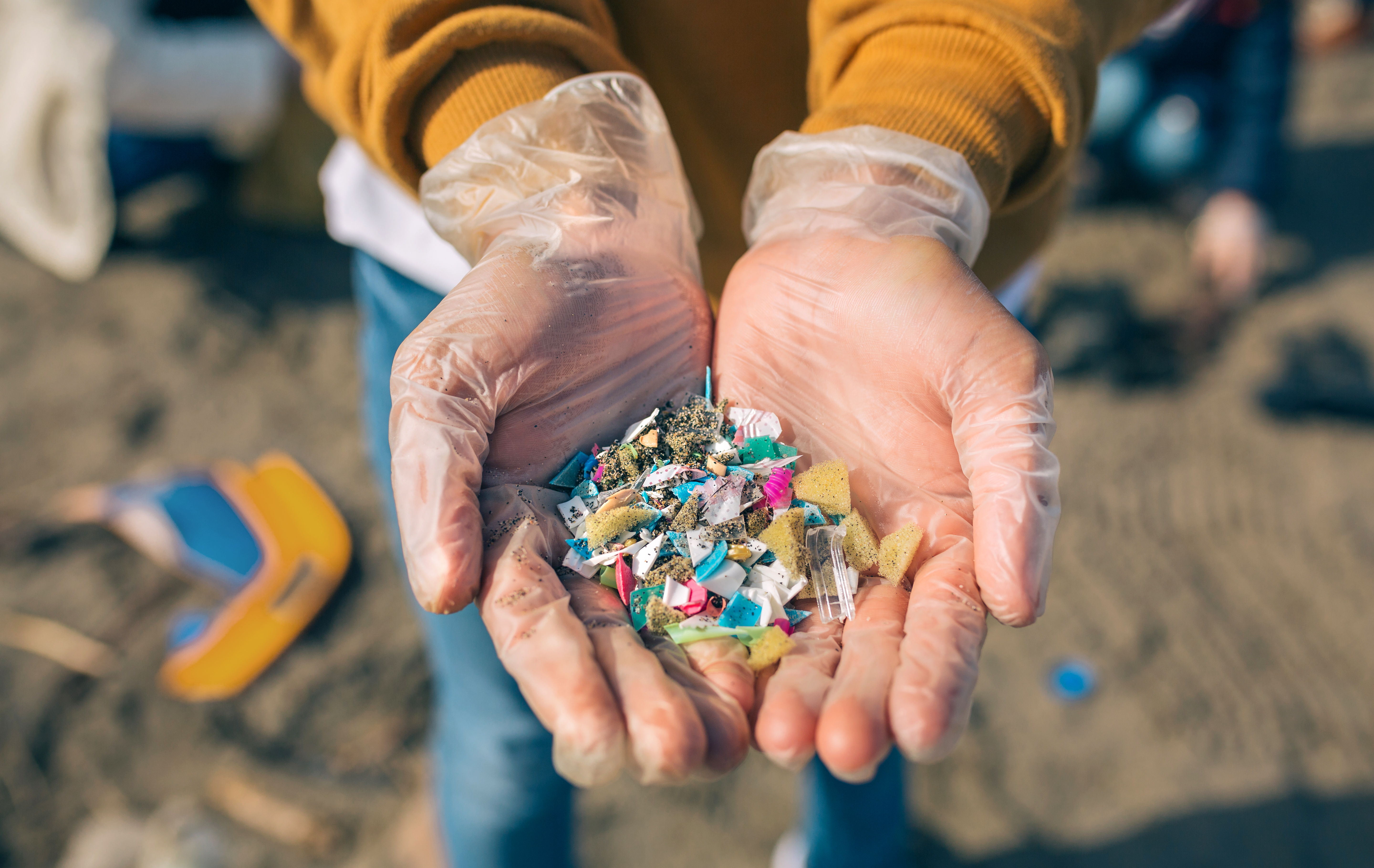
Microplastics on your plate
The concern of the Belgian citizen when it comes to microplastics is in any case justified. Plastic pollution has reached a new high: according to a new study*, around 170,000 billion particles, mainly microplastics, are floating on the surface of our oceans. Microplastics are everywhere! These minute plastic particles are spread through, among other things, litter, but are also released from clothing and cosmetics, and are created from the wear and tear of car tyres, and much more.
The negative impact on people and environment is therefore obvious. These small particles not only disrupt our eco-systems, but they also end up inside our bodies, as found by a recent study** by the University of Amsterdam. The reason for this is that microplastics are found inside our food, as well as floating in our bottled water, and are even suspended in the air. Human beings consume and breathe in an average of 880 microplastic particles on a daily basis, which then find their way into our blood. We consume up to 5 grams of microplastics a week, the equivalent of a bank card. The accumulation of plastics may lead to chronic infections, and, if the particles are small enough, they may embed themselves deeply into our tissues.
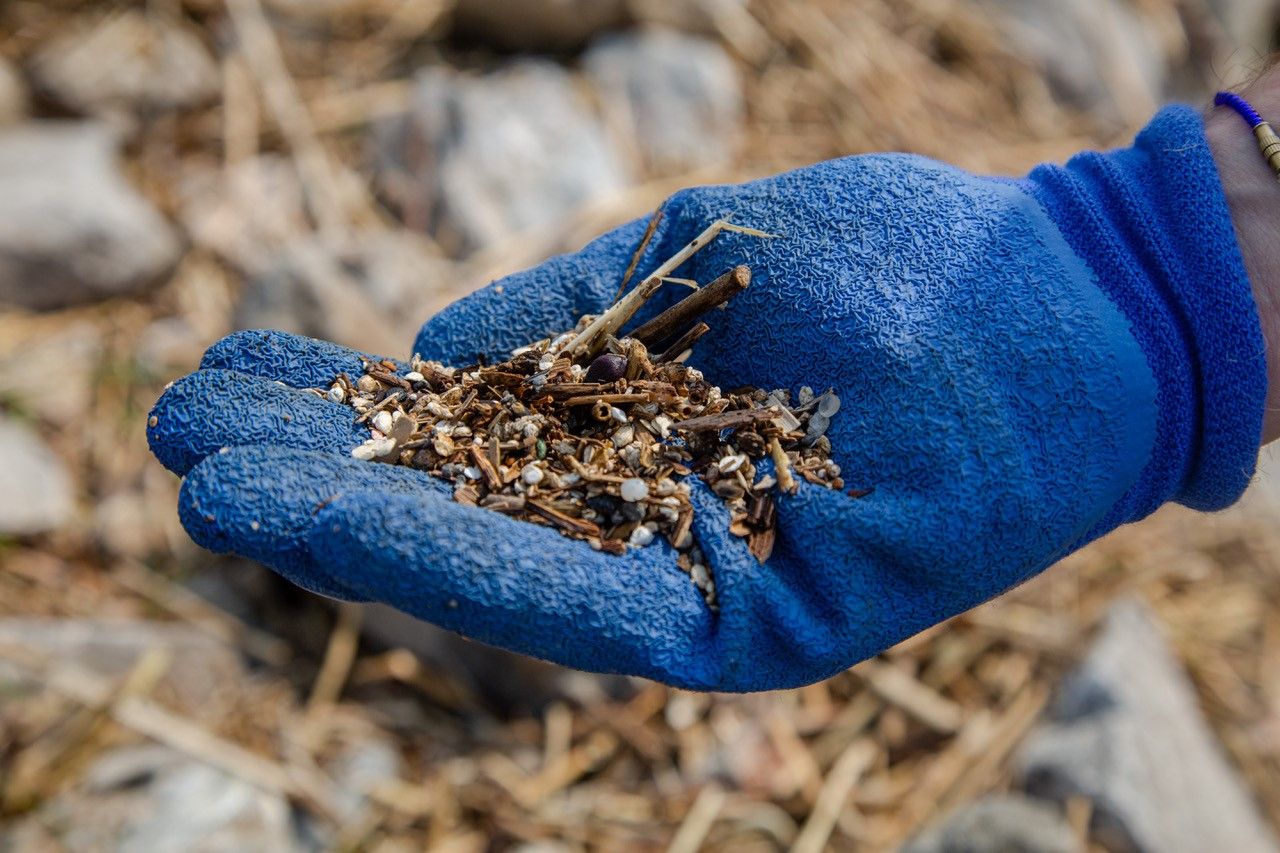
More than simply recycling
The survey by Ipsos has also shown that 28% of Belgians do not sort PMD at work, and that 8% don’t even sort at all, despite the strict rules that apply to sorting company waste. Furthermore, Belgians believe that, on average, no more than 50% of the PMD bag is recycled. According to the latest validated IVC figures***, the government body responsible for the transit of waste through Belgium, this turns out to be 89.5%. We see high recycling values for ferrous metals (100%) and aluminium (92.7%), for example, but substantially lower recycling ratios for drinks cartons (58.3%) and plastics (46.1%). Although some people believe that the solution for the plastics crisis can be found in improved recycling, this is only part of the solution. The lower recycling percentages for drinks cartons, and especially plastics, indicate that we should reduce the use of these materials.
New habits
Moreover, during the study, 22% of Belgians admitted to leaving litter behind, specifically cigarette butts, chewing gum, plastic containers and cans. But also good news: about 3 in 5 Belgians are willing to adjust their habits and to reduce their use of plastic. The approach to tackle single-use disposable plastic, however, is a shared responsibility, according to the Belgian population. Although 2 in 3 Belgians buy water in plastic bottles rather than drinking tap water, 77% point first of all at the producers and supermarkets, and 72% at the government when reducing the use of plastic is questioned. About 59% believe they can do more themselves.
“Still, the figures from the survey give us hope. No less than 62% of the Belgian population is willing to actively change their behaviour. At River Cleanup, we believe in the power of individual change, combined with efforts by companies and governments. This joining of forces leads to a structural approach towards the plastics issue. We’re in this together!”, says Thomas de Groote, CEO and founder of River Cleanup. “If producers provide decent, reusable or easily recyclable alternatives at a justified price, consumers will follow. Consumers must be aware of the impact of their own actions and activities. In this way, we can all do something about the quantity of microplastics that is released into the environment.”
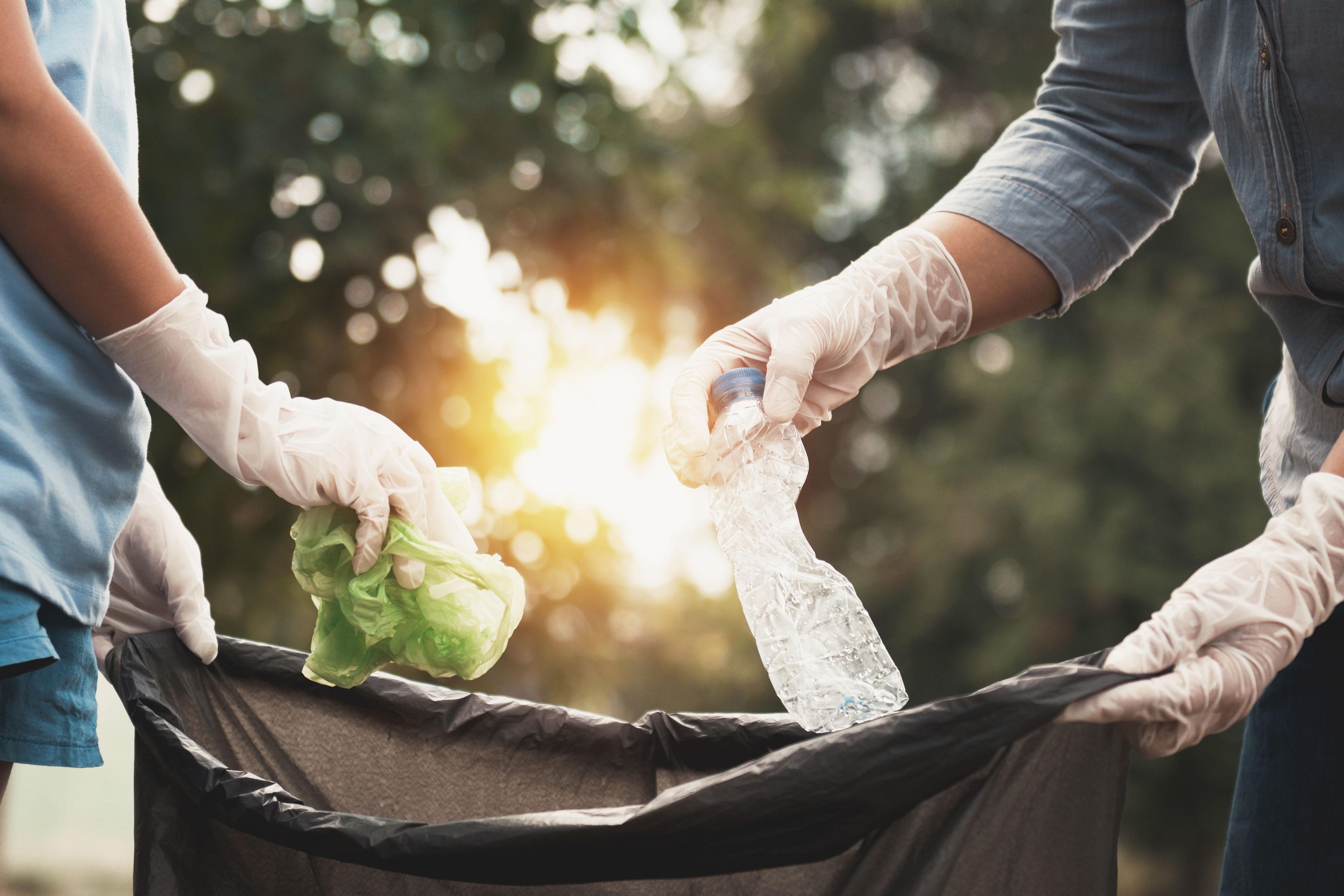
Reducing plastic and saving up to € 1,200
Belgians are champions in drinking bottled water. 2 in 3 Belgians currently drink water from plastic bottles, even though our tap water is of excellent quality. Bottled water is not only 300 times more expensive, but it also causes huge CO2 emissions as a result of production, bottling and transport. A family of 4 can save up to € 1,200 a year by switching to tap water. The family thereby also saves 30 PMD bags of plastic waste a year. A clear win-win.
Some easy tips for reducing the use of plastic at home and at work
- Drink tap waterinstead of bottled water: no more dragging and good for your wallet.
- Opt for a coffee machine with loose beans, and avoid using capsules and pads. In addition, use a reusable coffee mug or ceramic mug instead of disposable cups.
- Buy in bulk or in large quantities as much as possible, and avoid individual packs. Simply replacing plastic packaging with other materials is not the solution.
- Use wash strips instead of plastic containers. These are small, concentrated pieces of detergent that are often supplied in cardboard.
- Avoid the use of plastic bottles for soap and shampoo, and use blocks of soap or refillable alternatives.
- Replace your scouring pads with a wooden dish-washing brush, because the green side of most pads releases microplastics into the water when scrubbing.
More useful tips are available from https://www.river-cleanup.org/en/no-more-single-use-10-tips-home-or-work
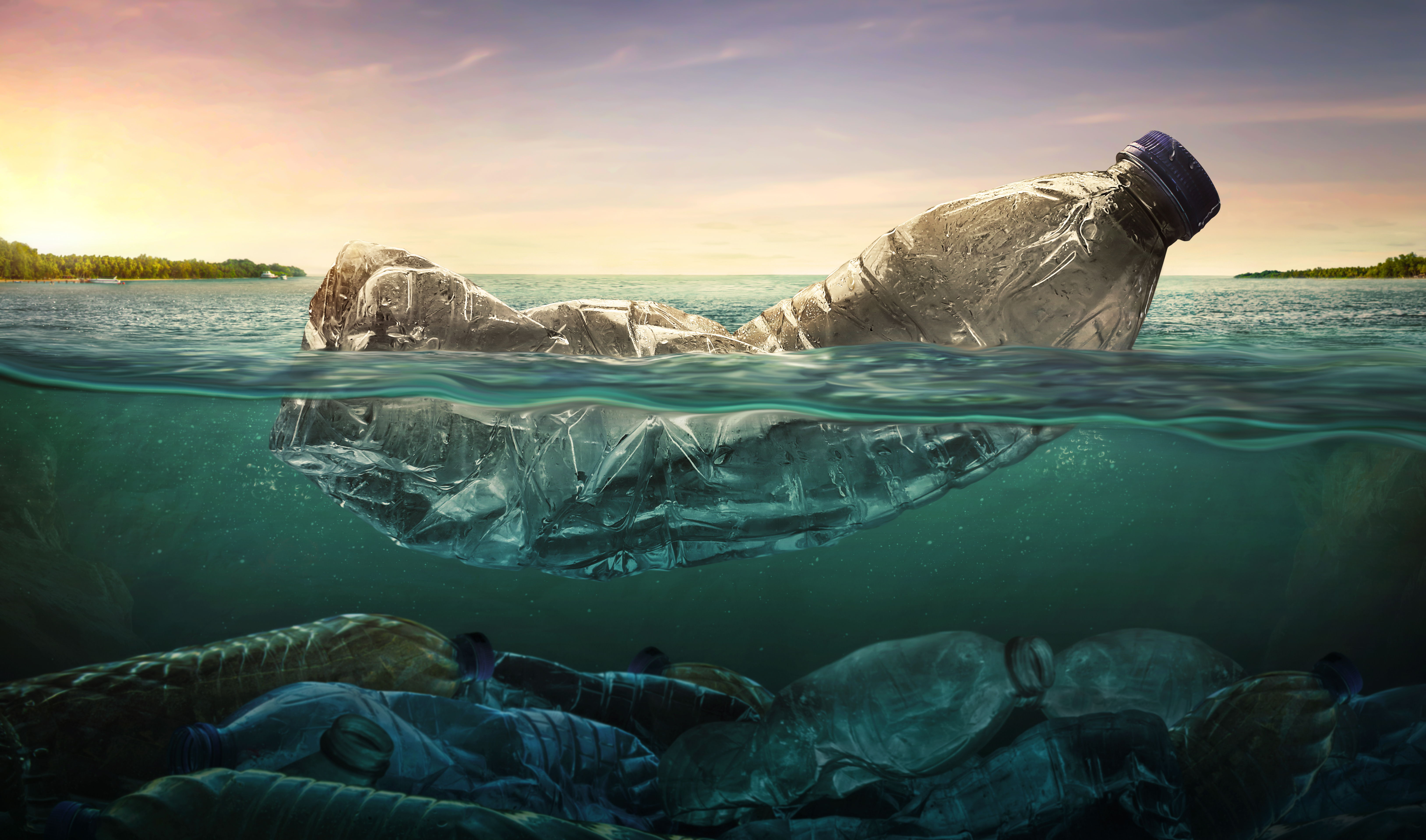
Sources
* Study published in the PLOS ONE Journal
** Study published in Environment International
*** https://av21.ivcie.be/kerncijfers/
About the survey
The survey was carried out by Ipsos, the third largest market research firm in the world, with support from the Flemish Department of Environment. More than 1000 Belgians between the ages of 16 and 65 took part in the survey via online interviews, which resulted in a representative sample. The field work period lasted from 23 January to 27 January 2023.
About River Cleanup
River Cleanup started in 2017 with a 10-minute cleanup and grew into an international organization with 190,000 volunteers active in 89 countries. The Belgian nonprofit aims to stop plastic waste before it reaches our oceans by cleaning up rivers, changing behavior and transforming organizations. Partners include AB Safety, A.S.Adventure, Boma, Delhaize, Keytrade Bank, Multi Masters Group, and Volkswagen Belgium. More information: https://www.river-cleanup.org/en
Thomas de Groote
Eline Vervloet